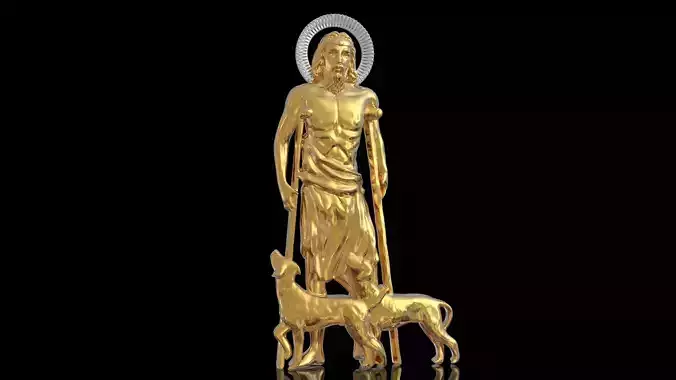1/6
The dramatic story of the rich man and the beggar (only in Luke 16:19-31) is set forth by Christ in two striking scenes:Their Condition Here: The rich man was clothed in purple and byssus (D.V. fine linen), and spent each day in gay carousing. The beggar had been cast helpless at the rich man’s gate, and lay there all covered with sores; he yearned for the crumbs that fell from the rich man’s table, but received none, and was left to the dogs.Their Condition Hereafter: The early banquet is over; the heavenly banquet is begun. Lazarus partakes of the banquet in a place of honour (cf. John 13:23). He reclines his head on Abraham’s bosom. The rich man is now the outcast. He yearns for a drop of water. Lazarus is not allowed to leave the heavenly banquet and tend to the outcast.Catholic exegetes now commonly accept the story as a parable. It is also legendary that the sores of Lazarus were leprous. The purpose of the parable is to teach us the evil result of the unwise neglect of one’s opportunities. Lazarus was rewarded, not because he was poor, but for his virtuous acceptance of poverty; the rich man was punished, not because he was rich, but for vicious neglect of the opportunities given him by his wealth.
weight ~ 5gr
REVIEWS & COMMENTS
accuracy, and usability.






